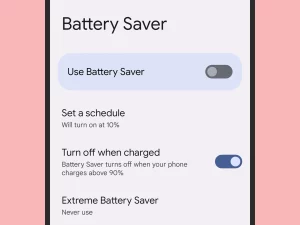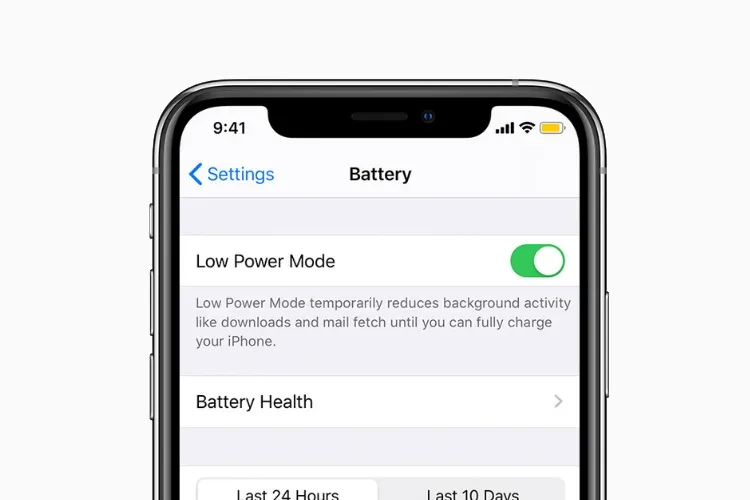Introduction:
Beta software offers users an exciting opportunity to explore cutting-edge features and improvements before they are officially released. While engaging with beta versions can be thrilling, it’s crucial to consider the impact on battery charging and power management. Testing pre-release software can have implications on device battery life, leading to potential disruptions and reduced power efficiency. In this article, we will delve into the world of beta software and its effects on battery charging and power management. Moreover, we will explore strategies to optimize power consumption for a seamless user experience.
Battery Drain during Beta Testing:
Beta software often includes experimental features, frequent updates, and debugging processes, which can lead to increased power consumption. Users may notice faster battery drain while engaging with beta versions compared to stable releases. The constant background processes and data collection for feedback purposes contribute to the additional power usage.

Identifying Power-Intensive Features:
During beta testing, developers and users alike should pay attention to power-intensive features that impact battery performance. These may include resource-intensive graphical effects, background syncing, and real-time data processing. Identifying and addressing such features during the testing phase can lead to more power-efficient final releases.
Managing Background Processes:
Beta software might have background processes that continuously run to collect user data and feedback. These processes can consume significant power, especially if not optimized. Developers should consider implementing power management techniques to reduce background process impact on battery life without compromising data collection efficiency.
Optimize Software Algorithms:
Certain algorithms used in beta software may not be fully optimized, leading to inefficient power utilization. During beta testing, developers can work to improve algorithm efficiency and reduce unnecessary computational tasks, resulting in lower power consumption and faster performance.
Balancing Performance and Power:
Beta testing allows developers to fine-tune software performance and features. However, striking a balance between improved performance and optimized power management is crucial. Prioritizing battery-friendly features and power-saving techniques can result in a more user-friendly and sustainable experience.
Implementing Battery Saver Modes:
Incorporating battery saver modes in beta software can significantly extend battery life. These modes typically reduce background activities, dim the screen, and limit app notifications to conserve power during periods of low battery or when the device is idle.

Regular Updates and Bug Fixes:
Developers should encourage users to update their beta software frequently. Regular updates often include bug fixes and performance improvements, including those related to power management. Keeping the software up to date ensures users experience the best possible battery performance.
Conclusion:
Beta software provides users with a thrilling glimpse into the future of technology. However, it is crucial to be mindful of its impact on battery charging and power management. During beta testing, developers and users should be vigilant in identifying power-intensive features, managing background processes, and optimizing software algorithms. Striking a balance between performance and power efficiency is key to delivering a seamless user experience. By implementing battery saver modes and encouraging regular updates, developers can enhance power management and battery life for a more enjoyable beta testing journey. Embrace the evolution of technology with optimized power consumption and a sustainable user experience.




